Regionalism Issues in India
by Devender
0 2526
Regionalism encourages people to have a sense of brotherhood and oneness among themselves but it has been a problem for India since India got Independence.
Regionalism Issues in India
- Basis of Regionalism:
- The linguistic recognition of states and resolution for the official language of India have put the fear of cultural loss and cultural domination among people which is not good.
- On the outside, everything seems okay that there is unity & amity among states but many regional disputes exist between different states like on sharing water of a river.
- Economic Imbalances & Regionalism:
- A constitutional body known as the Finance Commission was formed for the development of the poor states by the transfer of financial resources
- Planning Commission put more plan assistance in backward states. To remove the regional inequality, planning was used as the most powerful tool.
- The central government also put public investment in major factories to reduce the inequality between regions
- The government also provided incentives to the private sector to invest in backward regions through subsidies, tax concessions, concessional banking, and institutional loans at subsidized rates
- Sons of Soil Doctrine:
- Usually, to get economic resources and economic opportunities, communalism, casteism & nepotism comes into existence
- Outsiders are excluded using language loyalty and regionalism
- This doctrine was utilized even in big metro cities like Mumbai (Marathi), Kolkata (Bengali), Bangalore (Kannada), etc.
- Mulki rule provided in article 371(D) of the Indian constitution is also an example of Sons of soil doctrine
- It safeguards the rights of local people in employment and education
- It was created after agitation in the state of Andhra Pradesh but it was provided only in Group C and D services
- This doctrine actually arises when there is a competition between migrants and local people for a job
- One of the worst cases of the anti-migrant movement use of the Sons of Soil Doctrine was a movement led by Shiv Sena
- Issue of J & K:
- Kashmir has always been a disputed place not only between India and Pakistan but also internally
- The Modi government has invoked Article 370 that provided special status to J&K
- Though most of the state's population are not happy about it while the rest of India celebrated it as a victory
- The people outside J&K used to believe that the special status doesn't allow full integration of the state with India
- However, the people of J&K mostly Kashmiris used to believe that autonomy conferred by Article 370 was not enough
- The promise of Plebiscite wasn’t fulfilled
- Democracy which was practiced by the rest of India was not implemented in J&K
- Now with the revoked article 370, they seem to have lost more
- Punjab Issue:
- The Akali Dal led the movement for the formation of a Punjabi Suba
- Punjab had the majority of the Sikh population after the partition
- For the fulfillment of this demand, a section of Akalis began to demand political autonomy for the region in the 1970s
- In 1973, during their Anandpur Sahib Conference, they also passed a resolution in this regard which asked for regional autonomy
- This resolution also wanted to redefine the relationship between the center and the state in the country
- They declared their goal of getting Bolbala which meant dominance of the Sikhs but it didn't mean they wanted partition from India
- Actually, the more extreme elements started the demand of forming a separate nation known as "Khalistan"
- The leader of Akali Dal also turned to these extreme elements and took the path of armed insurgency to get Khalistan
- They made Golden Temple in Amritsar their HQ and turned it into an armed fortress
- Indian government carried out the "Operation Blue Star" to flush out the militants by Army
- However, during the operation, the sacred place got damaged which hurt the sentiments of the Sikh people
- To avenge the feelings of Sikhs, Indira Gandhi was killed her bodyguards which led to communal riots
- After this, the newly formed prime minister Rajiv Gandhi signed an agreement with Harchand Singh Longowal the then President of Akali Dal
- It is known as the Rajiv Gandhi-Longowal Accord or the Punjab Accord which stated:
- However, this agreement also didn't facilitate peace immediately
- The violence continued which led to human rights violations and fragmentation of the Akali Dal began
The local patriotism, local loyalty or loyalty to a state or just a region, its language and culture are all part of regionalism but that doesn't hurt the national unity even if a state tries to develop itself better than others by removing poverty, implementing social justice, etc. also doesn't hurt the country.
But, when a state keeps only their interests and pride in mind undermining the national interests and take hostile actions against the country that will be termed as the issue of Regionalism.
Economic inequality between different states could be a reason for potential trouble so the government came up with a number of policies to increase the rate of growth of poorer states and regions while reducing the economic distance between states. Some of these policies were:
Despite all these efforts and policies, the backward regions/states are still having lower levels of development like power, irrigation, roads, telephones, and modern markets for agricultural produce.
This doctrine states that a particular state belongs to the majority linguistic group inhabiting it or it provides a homeland to the regional language speakers.
It appealed to regional chauvinism & assumed fascist proportions. However, courts approved the reservation on the grounds of residence but also maintained people's right to migrate.
Jammu & Kashmir consisted of 3 different social and political regions: Jammu, Kashmir, and Ladakh where Kashmir is the heart of the whole region.
The people of J&K were also not happy with the government as:
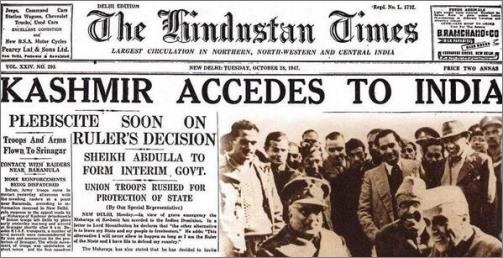
By 1990, the J&K state came under the grip of a militant movement demanding a separate Kashmiri region. These militants got support from Pakistan and launched terrorist attacks on India which led to the Kargil War.
The social composition of Punjab changed over time. Firstly, it was changed during the partition and later with the creation of Haryana and HP from Punjab. Akali Dal was formed in 1920 as the political wing for Sikhs.
Chandigarh was transferred to Punjab
Sharing of Water through tribunal between Rajasthan, Punjab, Haryana
Compensation for those who suffered from militancy
Revocation of AFSPA from Punjab.
President rule was imposed in the state but soon, the military was eradicated by security forces. In the 1990s, the alliance of BJP and Shiromani Akali Dal won the elections in Punjab which brought back peace and democratic process in the state.

Share:

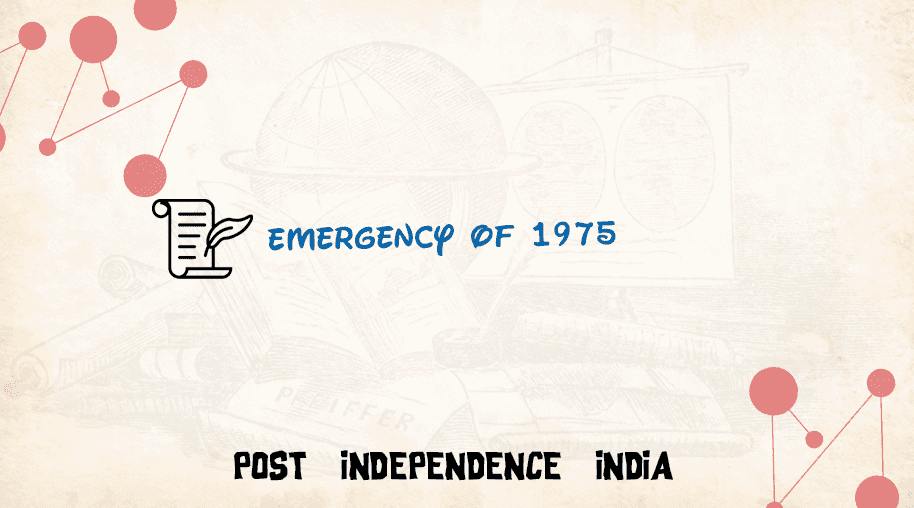
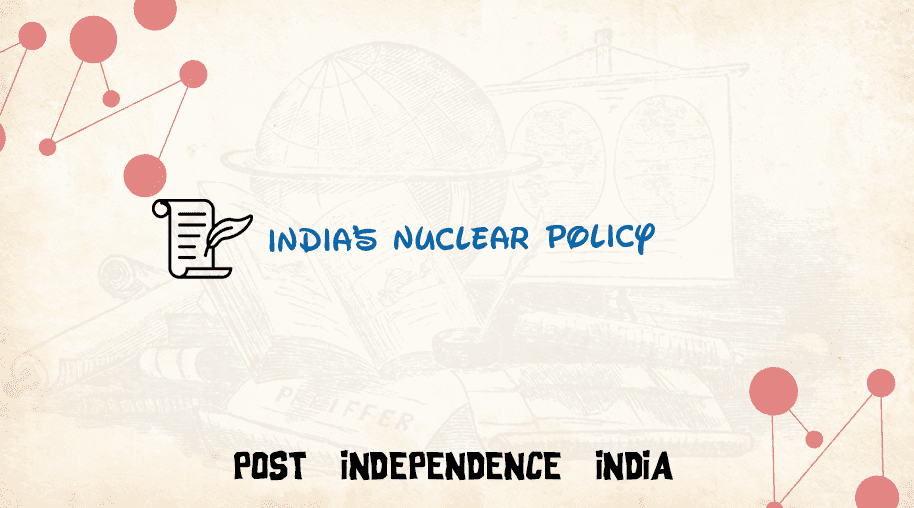
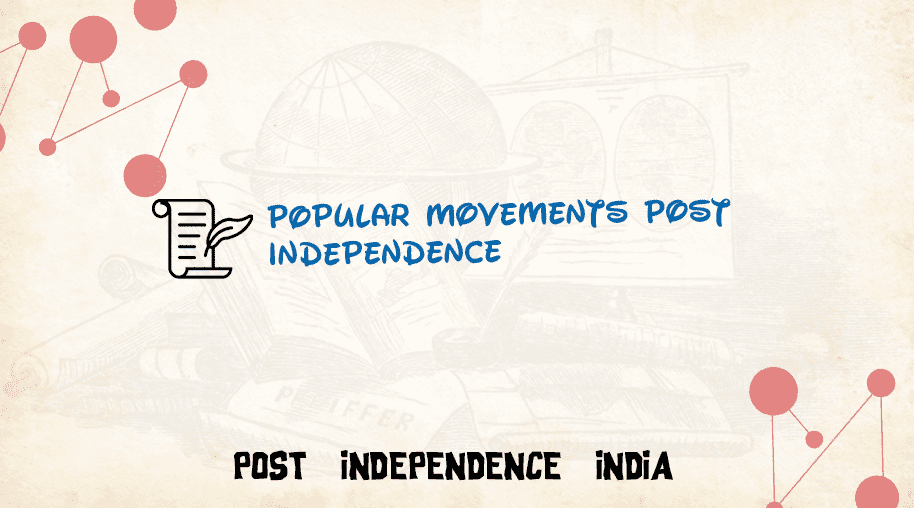
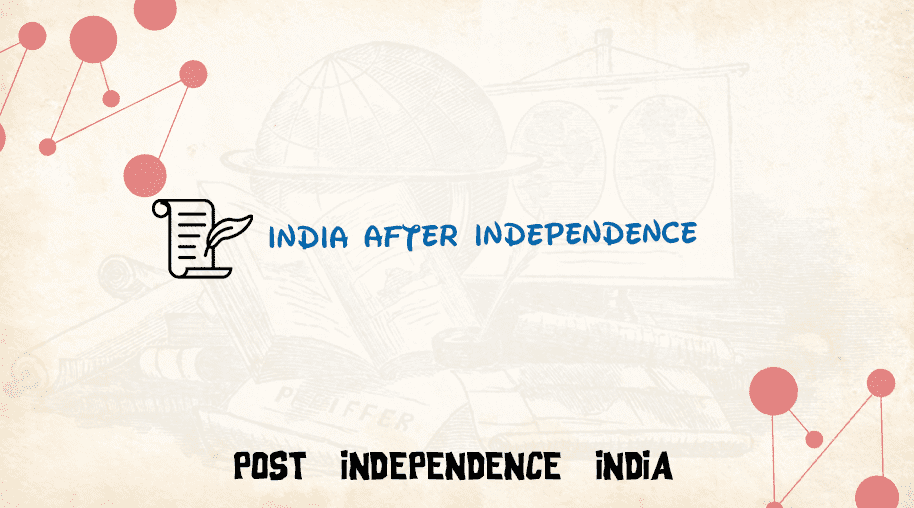


Comments
Waiting for your comments